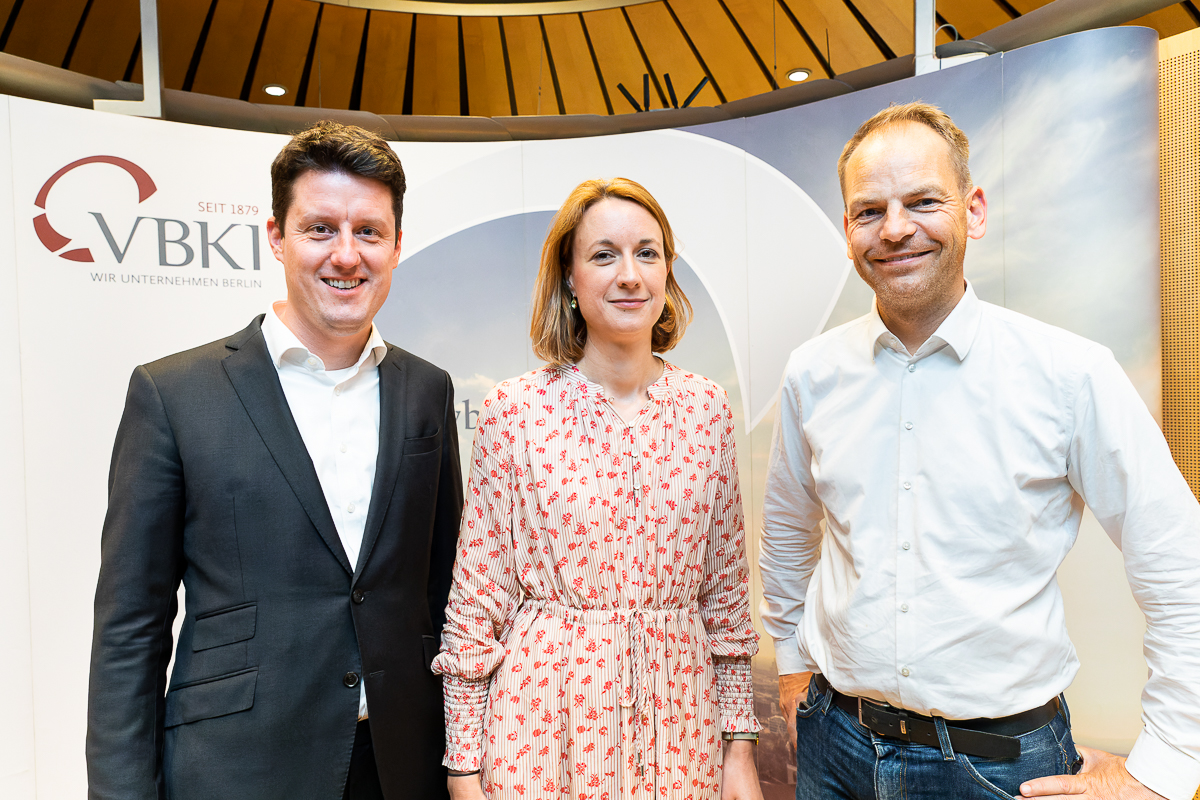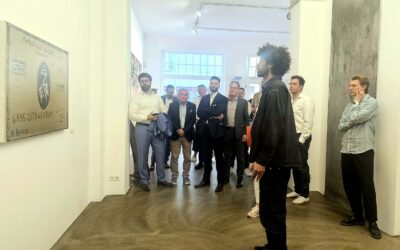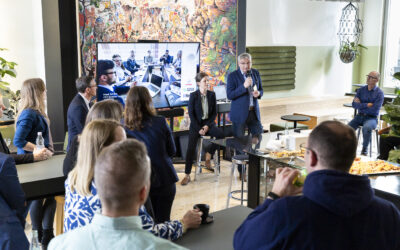Fast and quiet, individual and safe
Berlin 2037: What will the mobility of tomorrow look like?
The mobility turnaround has long been heralded, but how will climate-friendly transport options change our behavior? Will autonomous cars be driving through the city in 15 years' time or will the whole of Berlin be on bicycles?
Episode two of our future series "Berlin 2037" focused on the mobility of the future. On the panel: Dr. Meike Niedbal, Berlin State Secretary for Transport, and Torben Greve, co-founder of the transport company Flixbus and founder and Managing Director of the Mobility Institute Berlin MIB. The event was moderated by Simon Batt-Nauerz, Co-Chairman of the Mobility Forum at VBKI.
The debate about the transportation concepts of tomorrow is riddled with conflicting goals. Particularly in metropolitan areas where space is naturally at a premium, distribution battles are being waged. More and wider cycle paths generally mean less parking space, growing delivery traffic needs space to unload, and the same would apply to a growing public transport service. However, both speakers seemed to agree that a real cultural shift away from the German's favorite child towards an increased use of climate-friendly modes of transport, especially bicycles and public transport, can only be achieved with incentives. What could these incentives look like?
In her opening speech, the State Secretary gave an insight into the Senate's plans and concepts. In addition to the expansion of the cycling infrastructure, the expansion of local transport services is a top priority for the city fathers and mothers. Great hopes, especially in the growing metropolitan region, are pinned on the i2030 concept. The expansion of rail transport in particular along star-shaped axes - in all directions - forms a central foundation for the further development of the city and region. Great importance is also attached to the topic of streetcars - the route to the western part of the city is to be further paved - as well as closing gaps in the subway. Of course, BVG buses will also soon be electric. In addition to the expansion and upgrading of the transport infrastructure, capacity planning also plays an important role - the keyword here is increased frequency. Flixbus founder Greve is rather sceptical about the privatization of public transport services - similar to the liberalization of long-distance transport: the market in metropolitan areas differs from the intercity sector, experience from Great Britain, for example, has shown that private companies compete primarily on profitable routes.
Back to the keyword "incentives": In order to seriously compete with the private car as a means of everyday transportation, alternative transportation methods must be able to compete with the private car on an equal footing. They must be just as fast, just as safe and just as convenient. Great expectations are associated with the intelligent networking of different modes of transport - just as the systematic evaluation of traffic data could make a significant contribution to the sensible organization of transport. To get from A to B, the city dweller of 2037 would smartlycombine several modes of transportation - such as e-scooters, public transport and bicycles. And what role will autonomous driving play? Torben Greve is certain that it will be present in 2037. However, it has not yet been decided whether it will have a positive or negative effect. It is quite conceivable that, contrary to expectations, the technology will lead to more car traffic in the city center - for example, at the moment when public transport users switch to the new service. In the end, a lot depends on the framework conditions set by the Senate.
Impressions
To the picture gallery: Please click here>
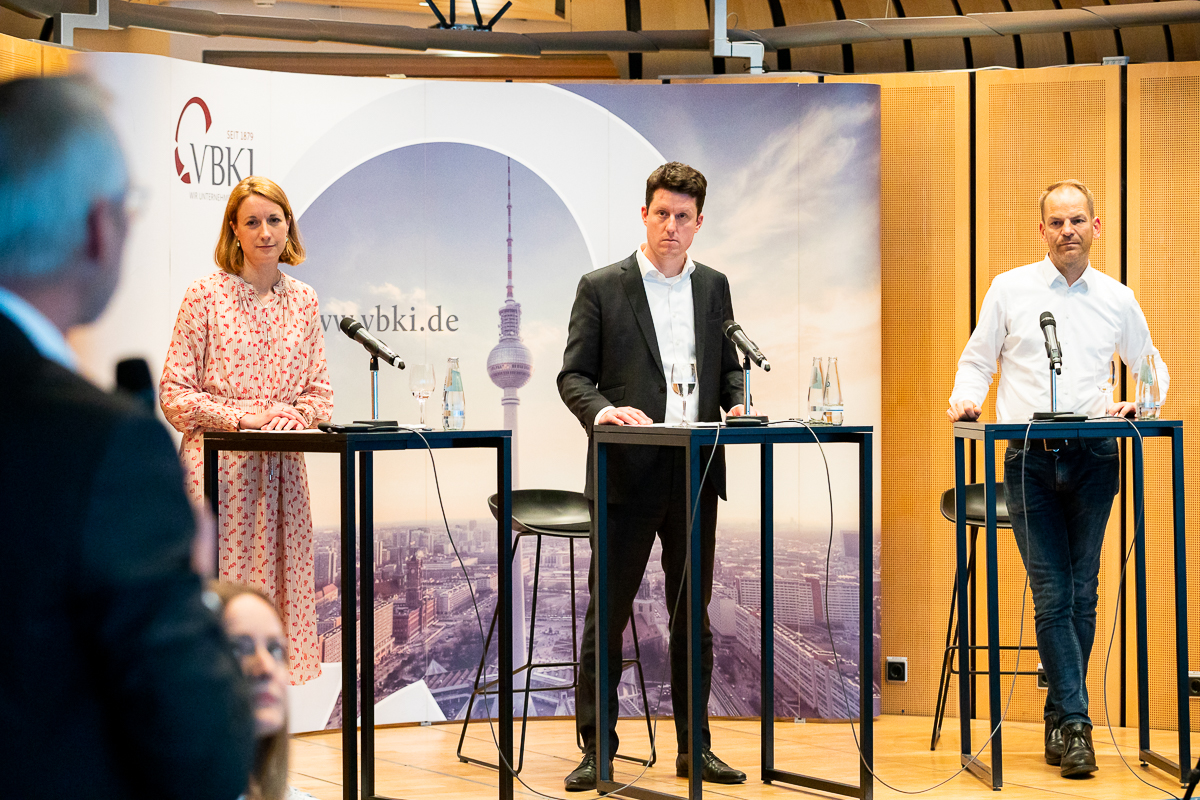
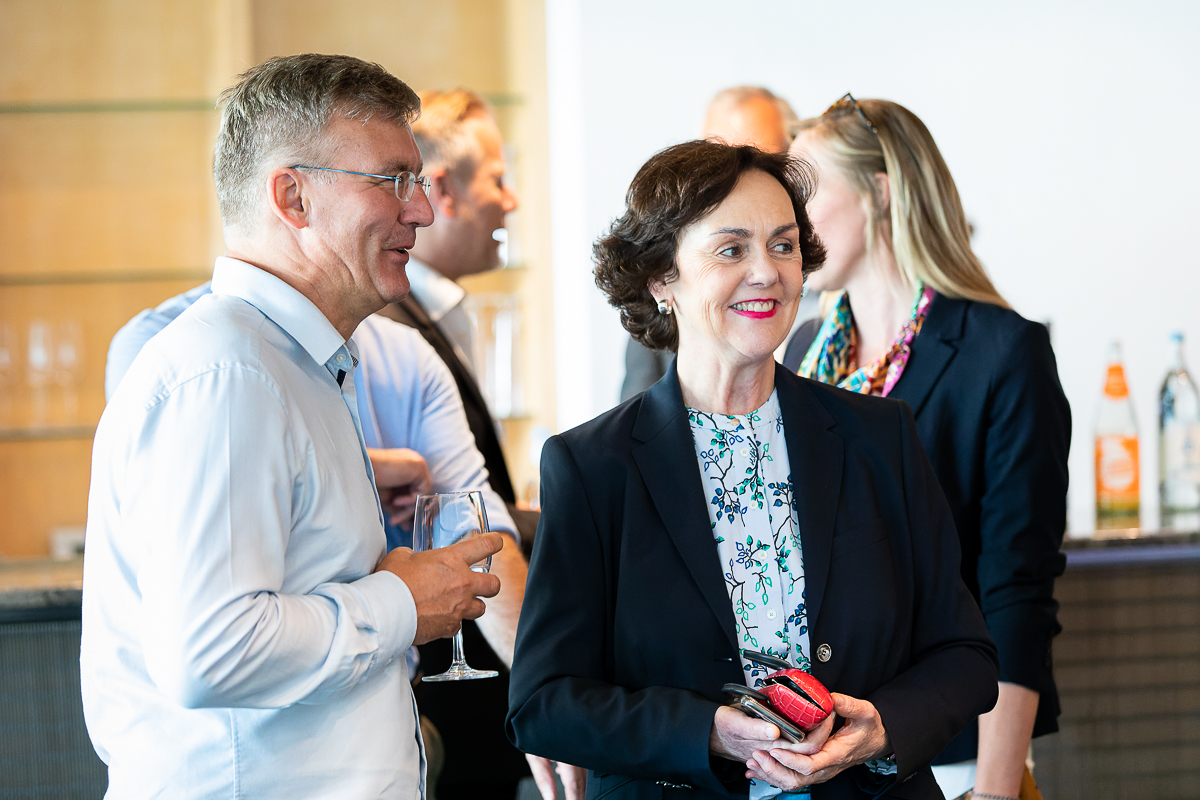
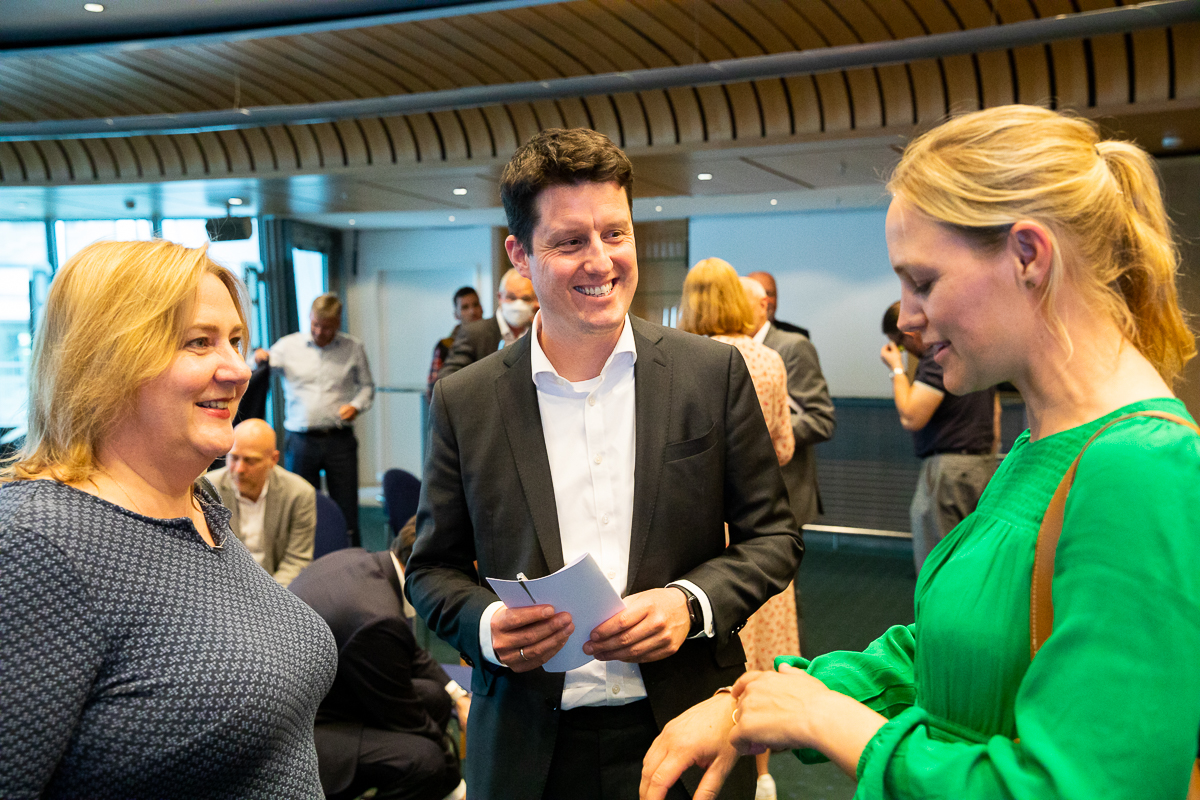
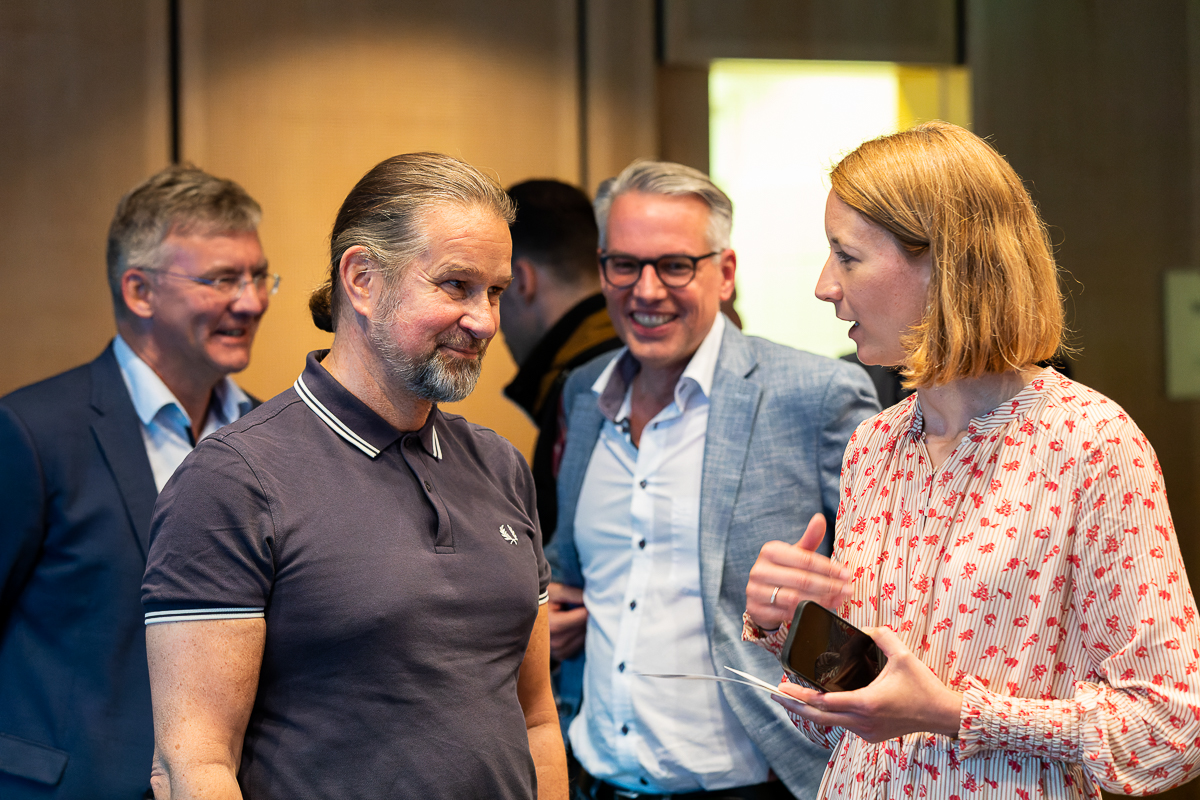
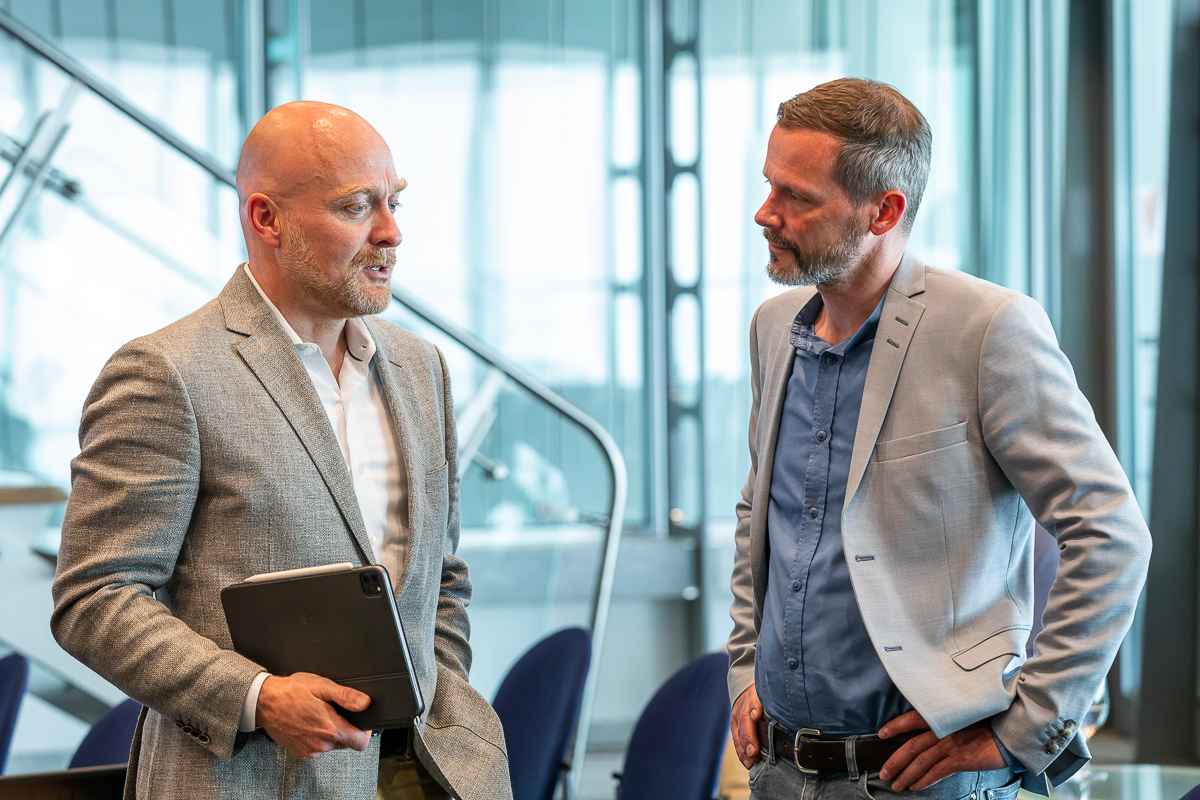
You might also be interested in
From Generative AI to Agentic AI
VBKI visits Microsoft Experience Center Munich
Face Your Fear
Art as confrontation: Before the Gallery Weekend, the VBKI met Noah Becker's bold visual worlds.
"HR must lose its fear of numbers"
Strategic thinking in focus at the first CHRO event organized by CEOs for Berlin

